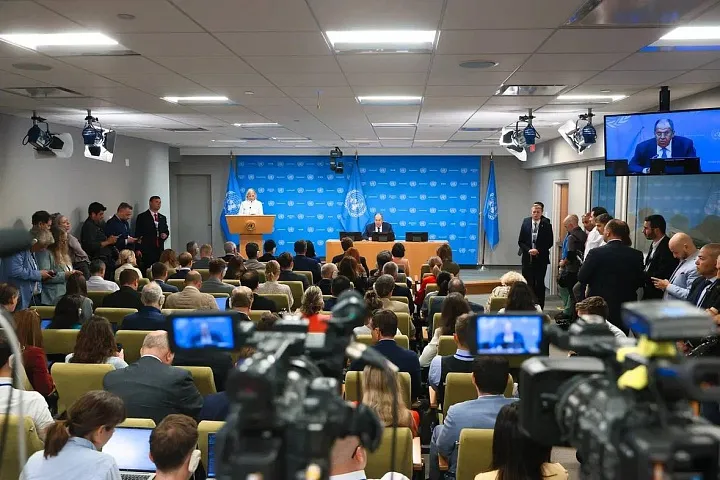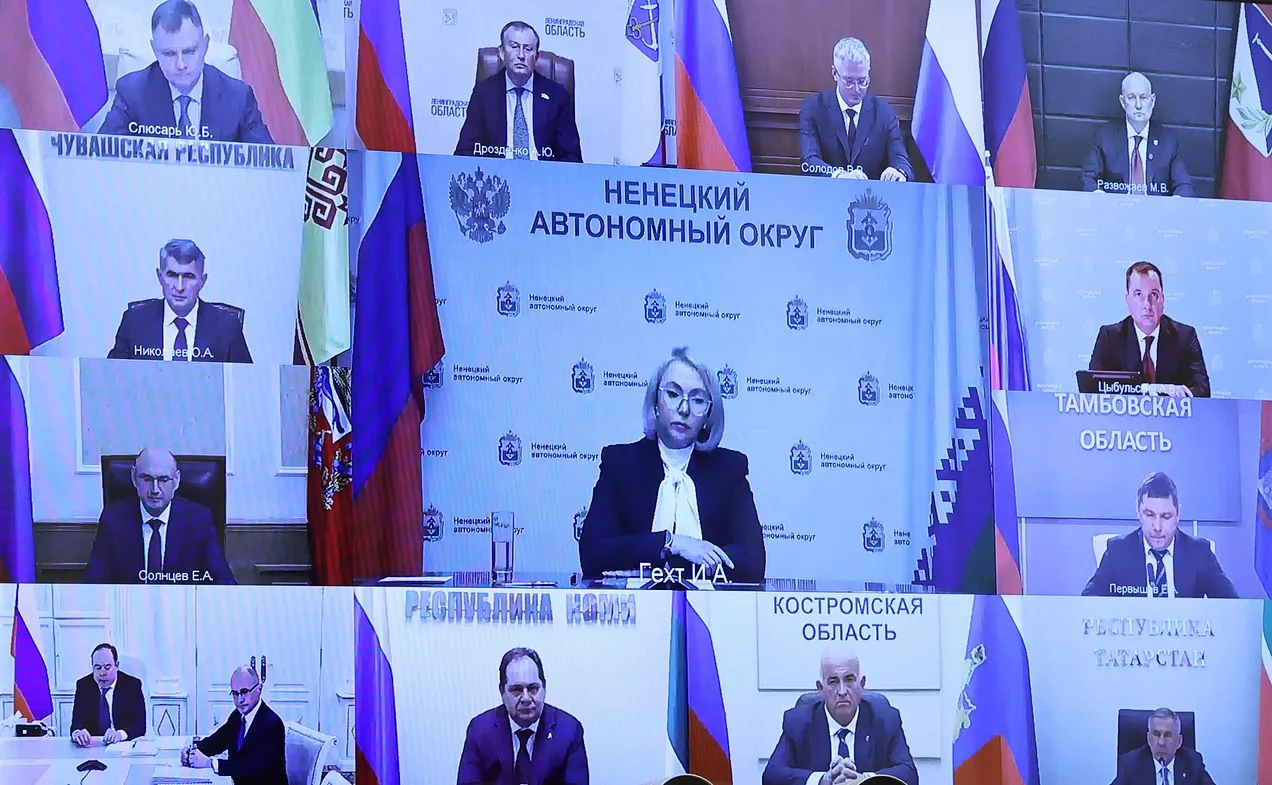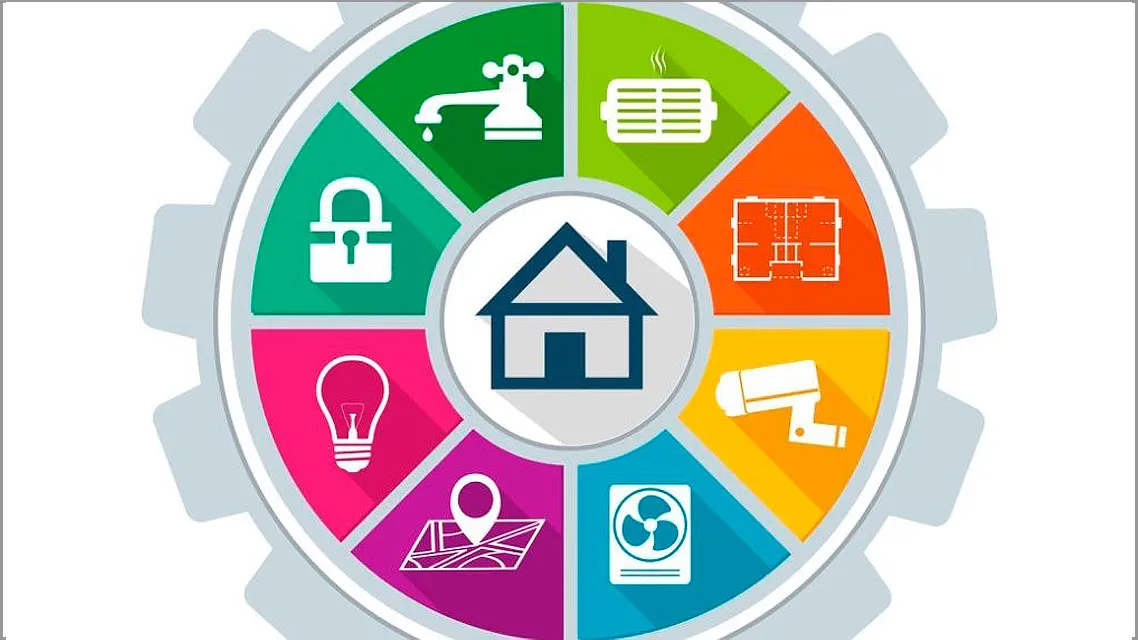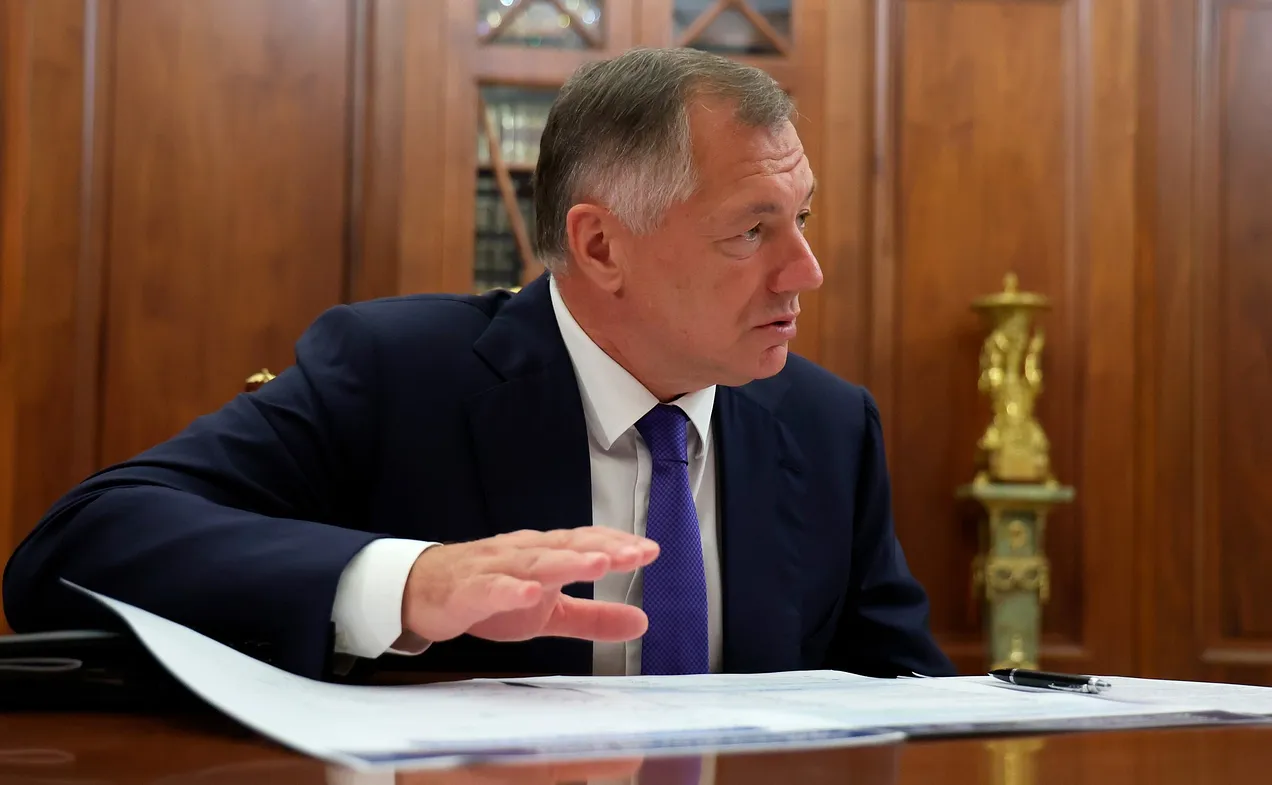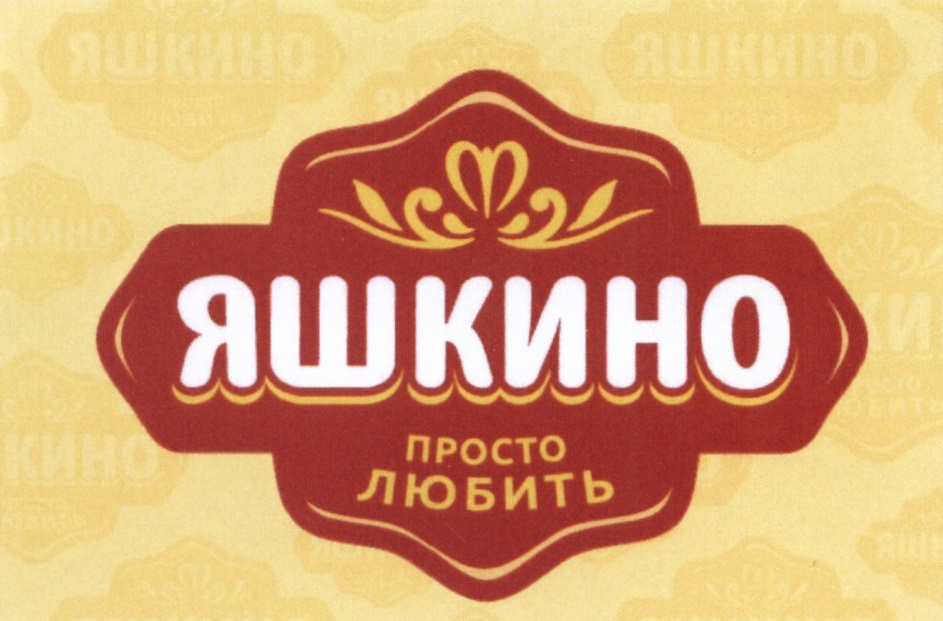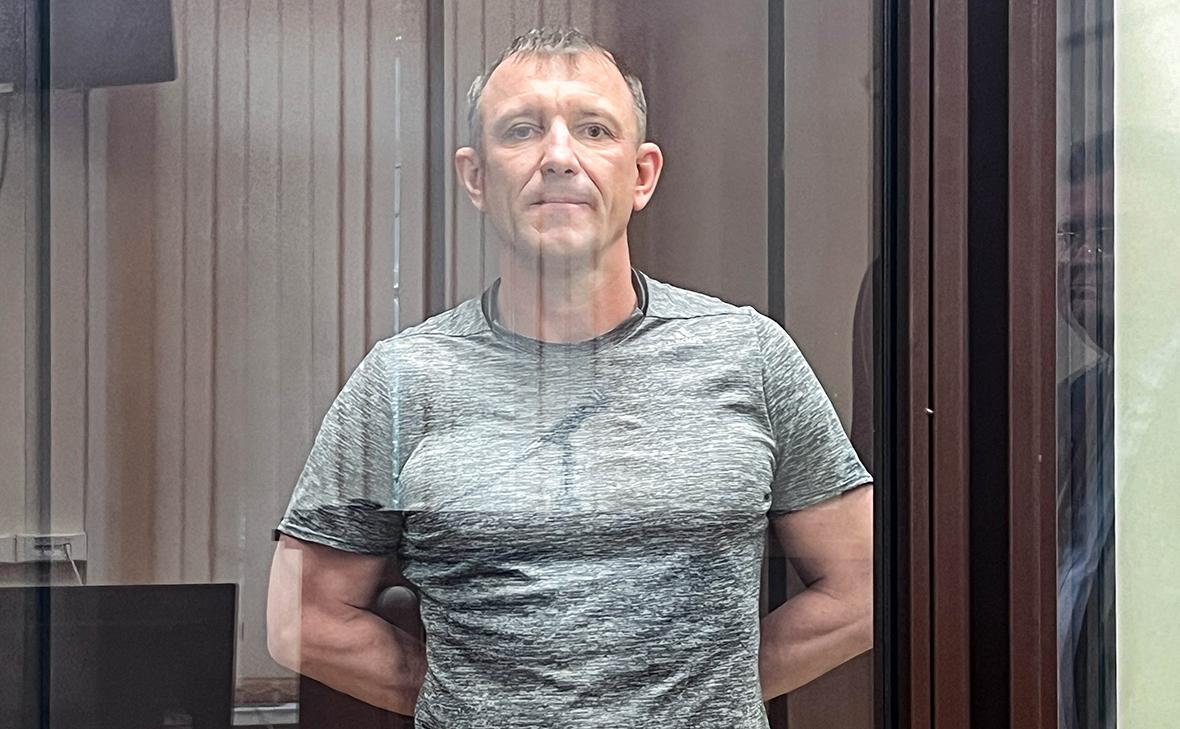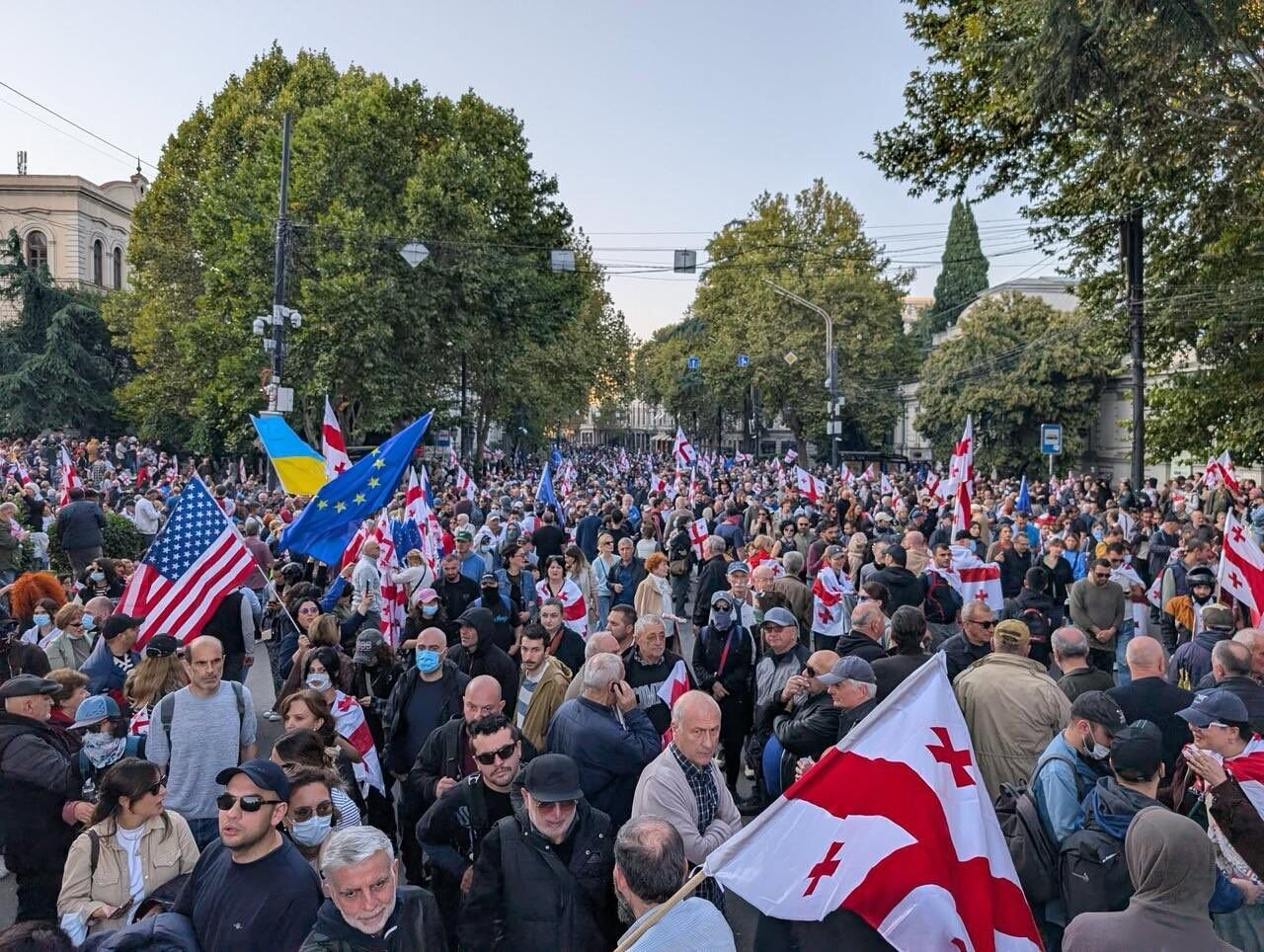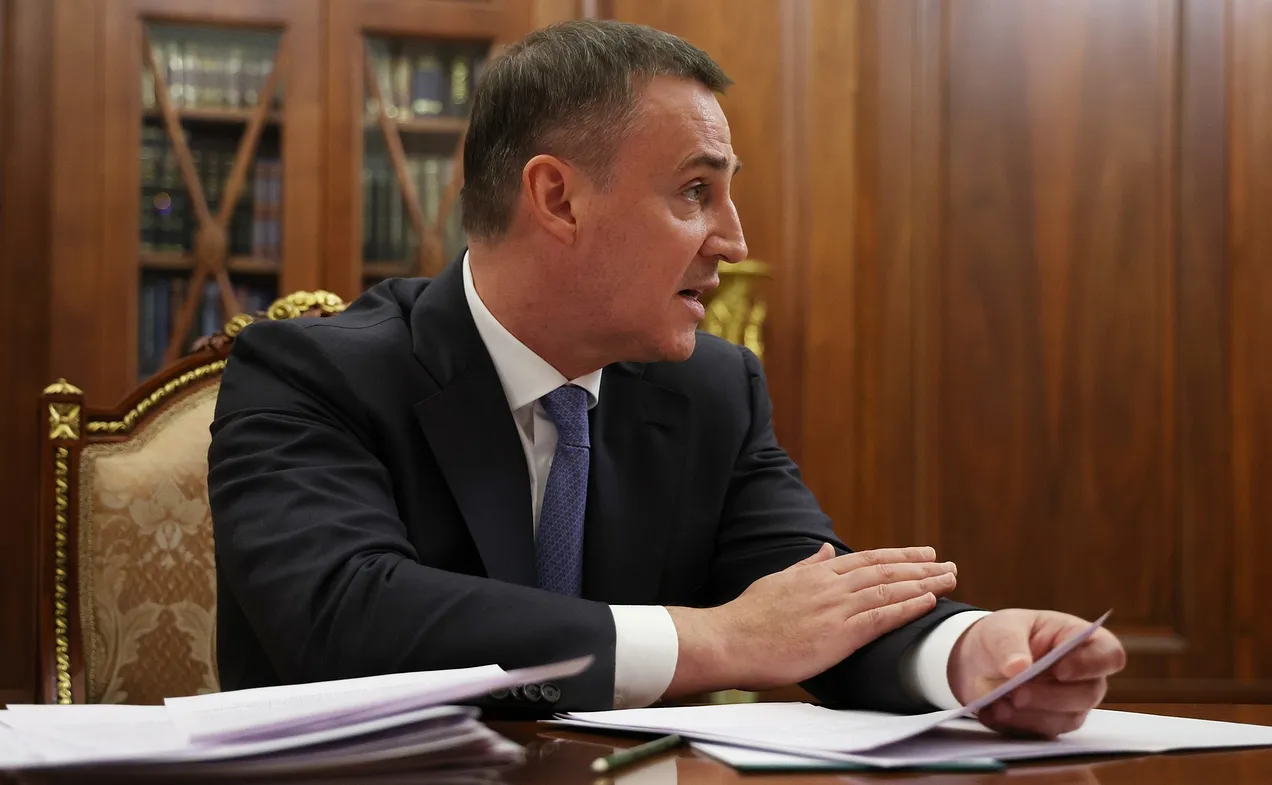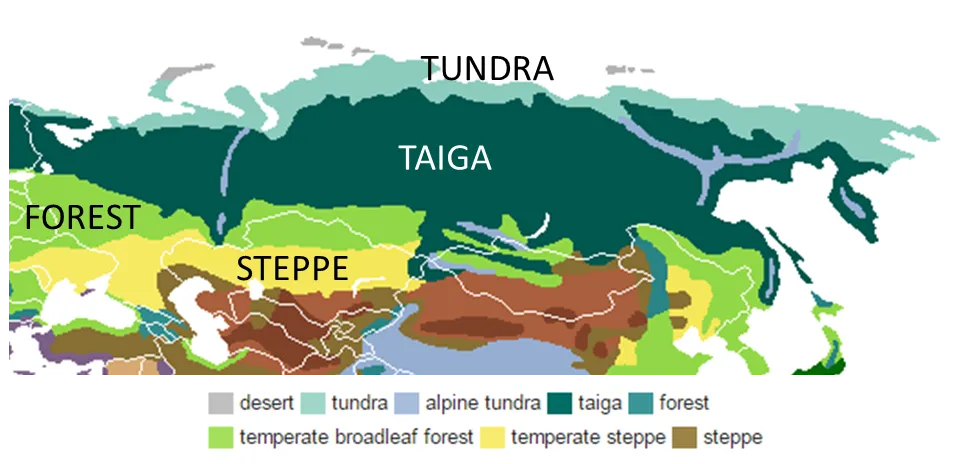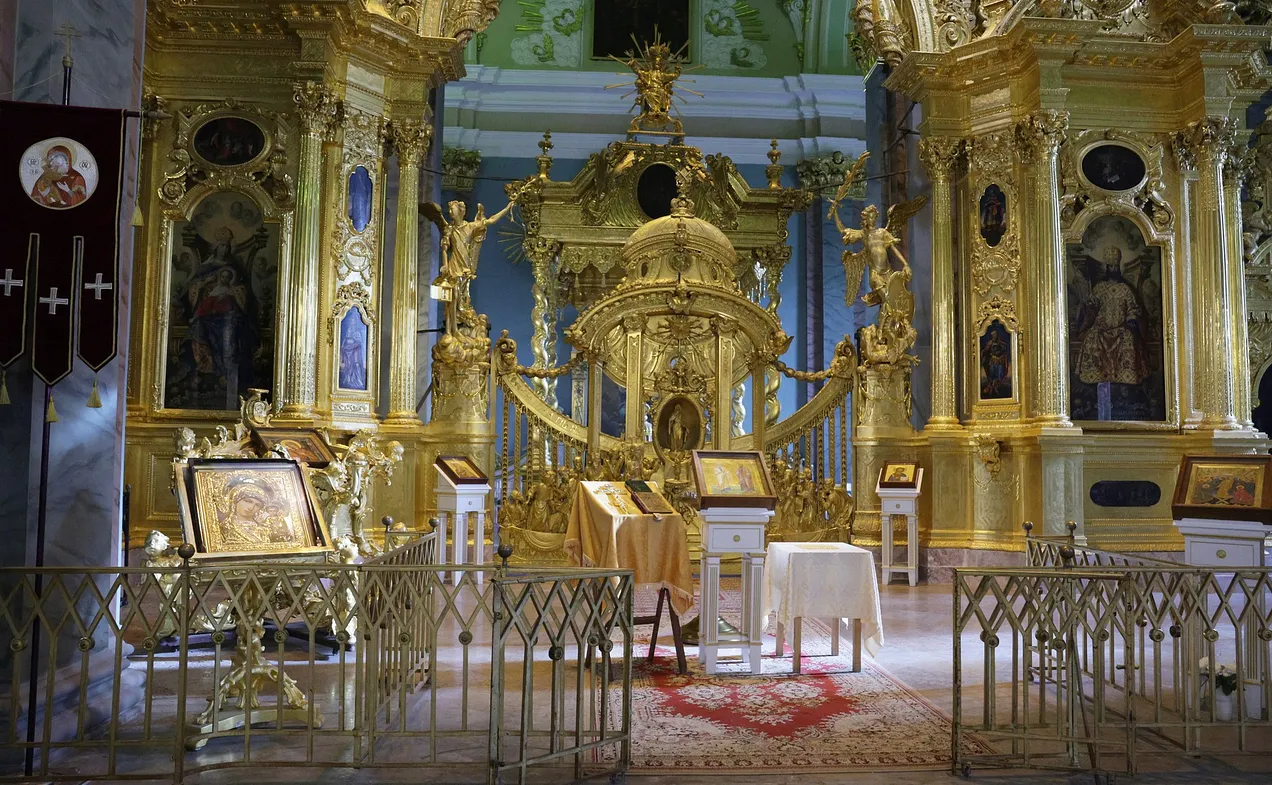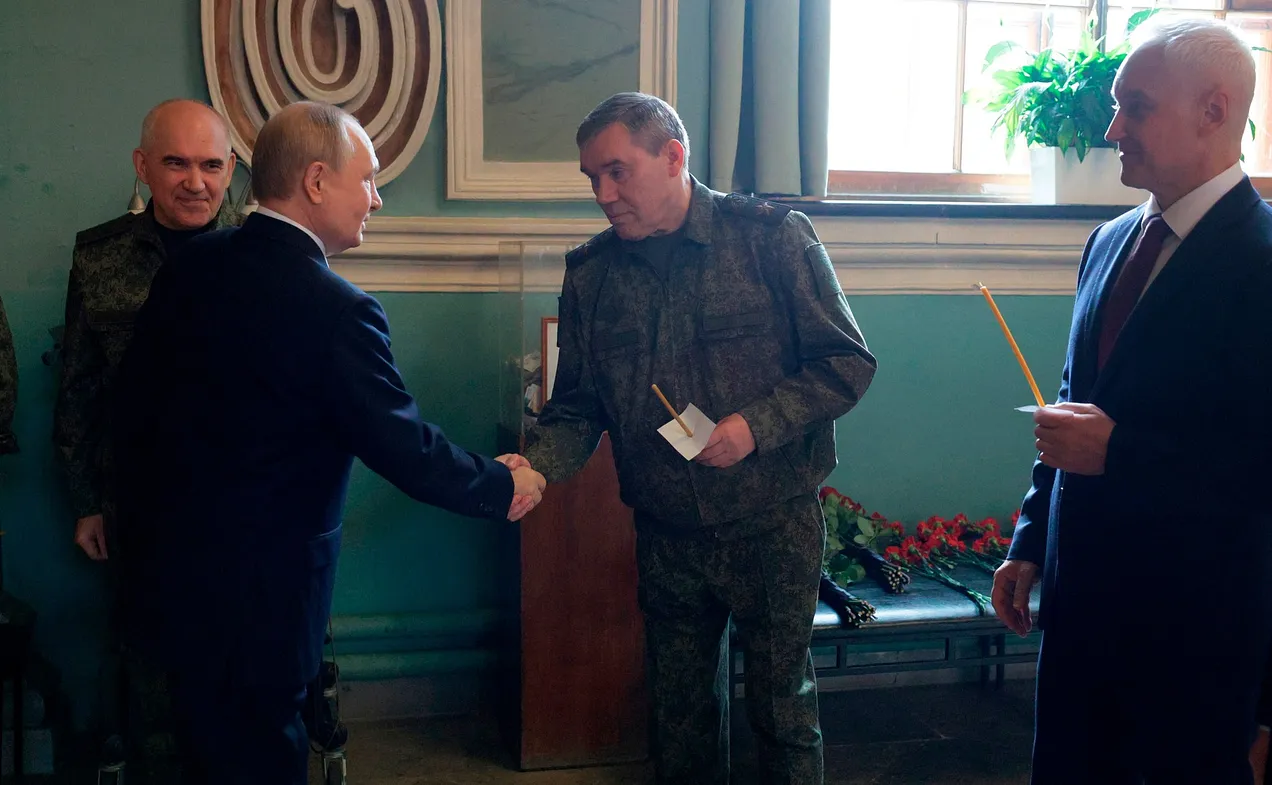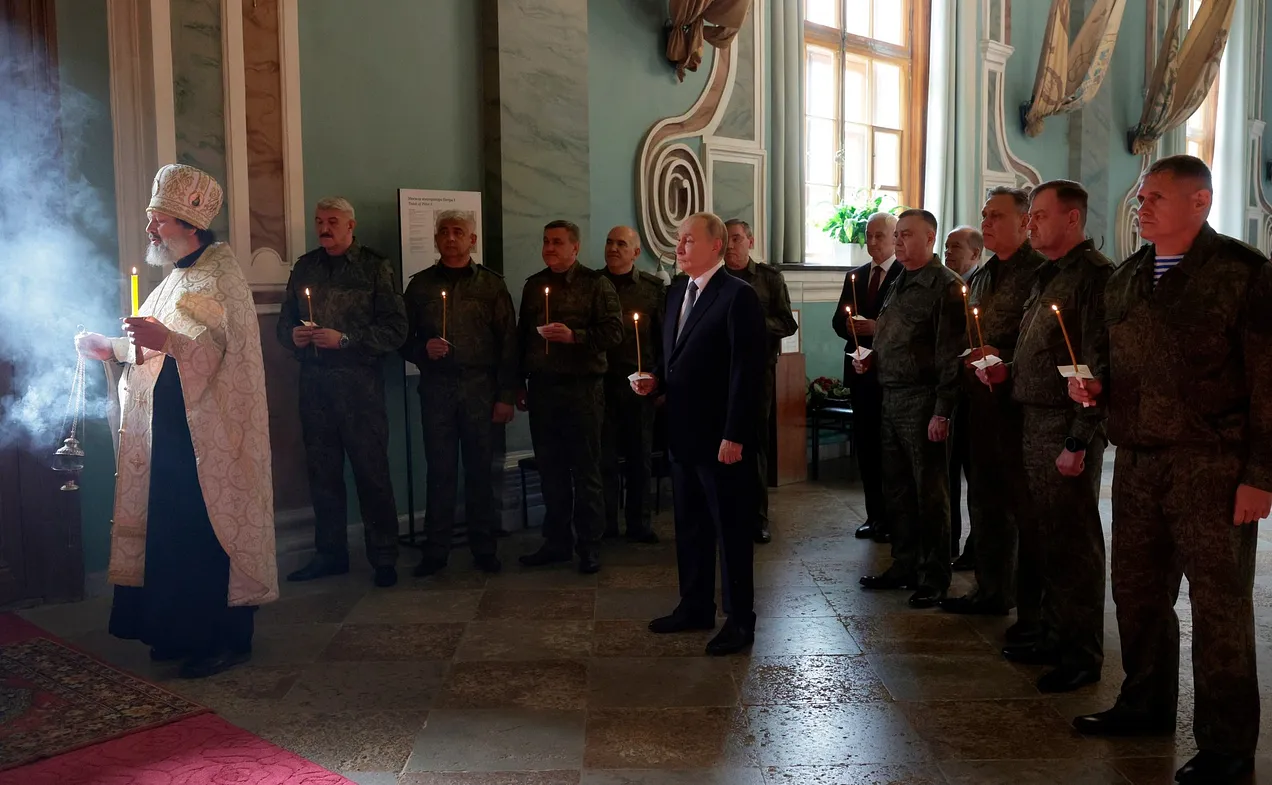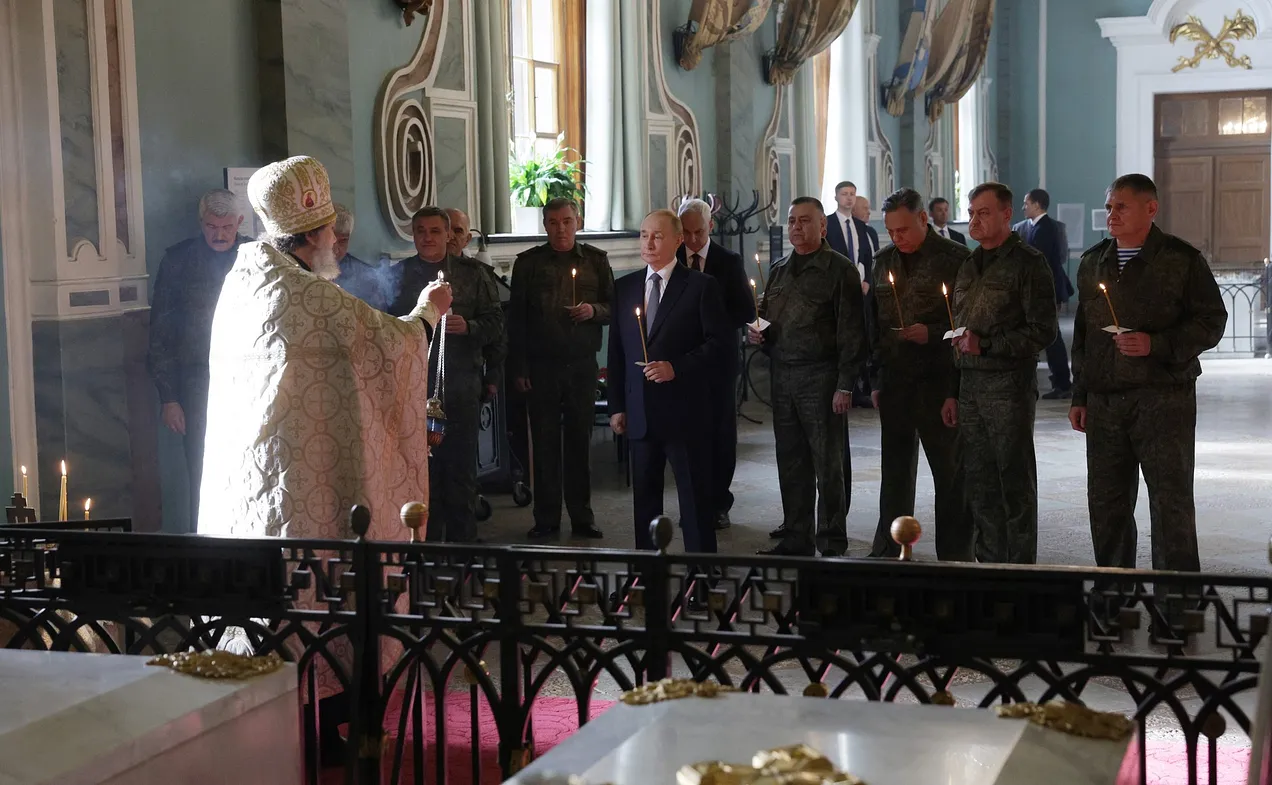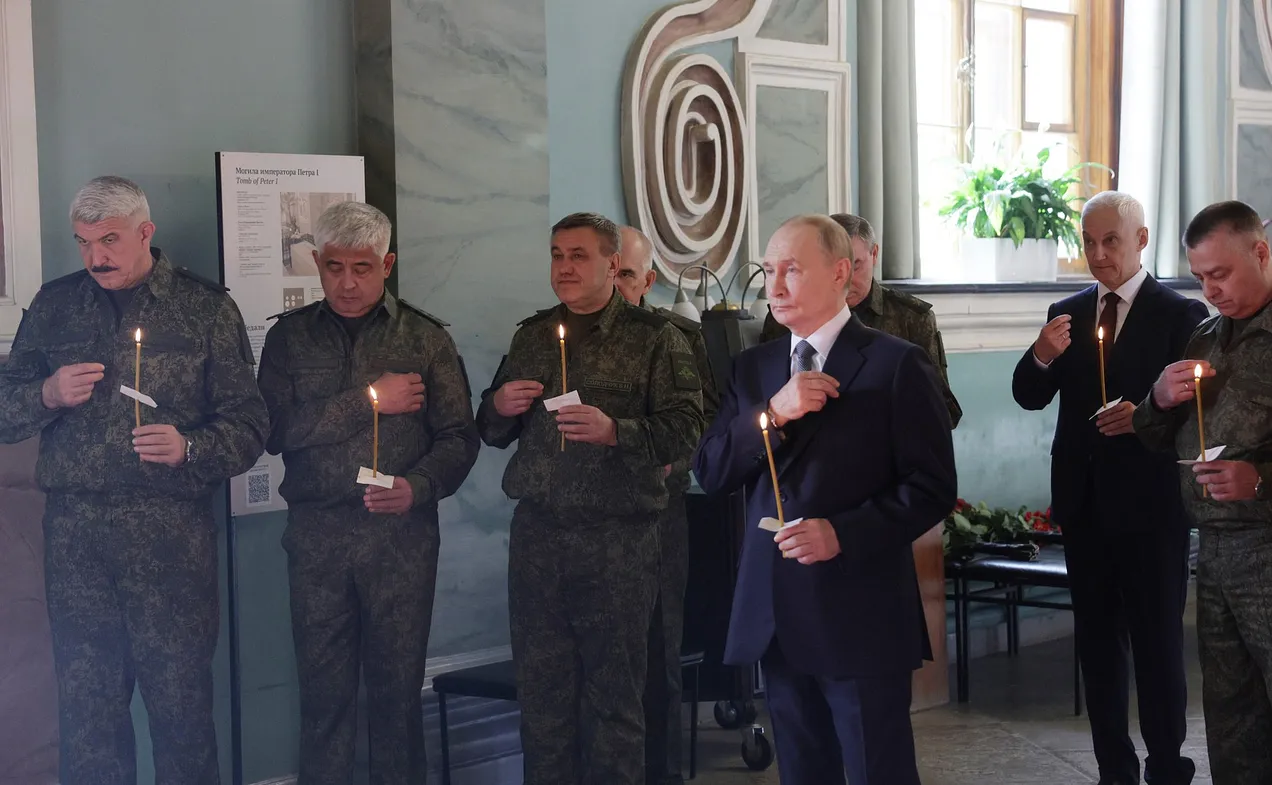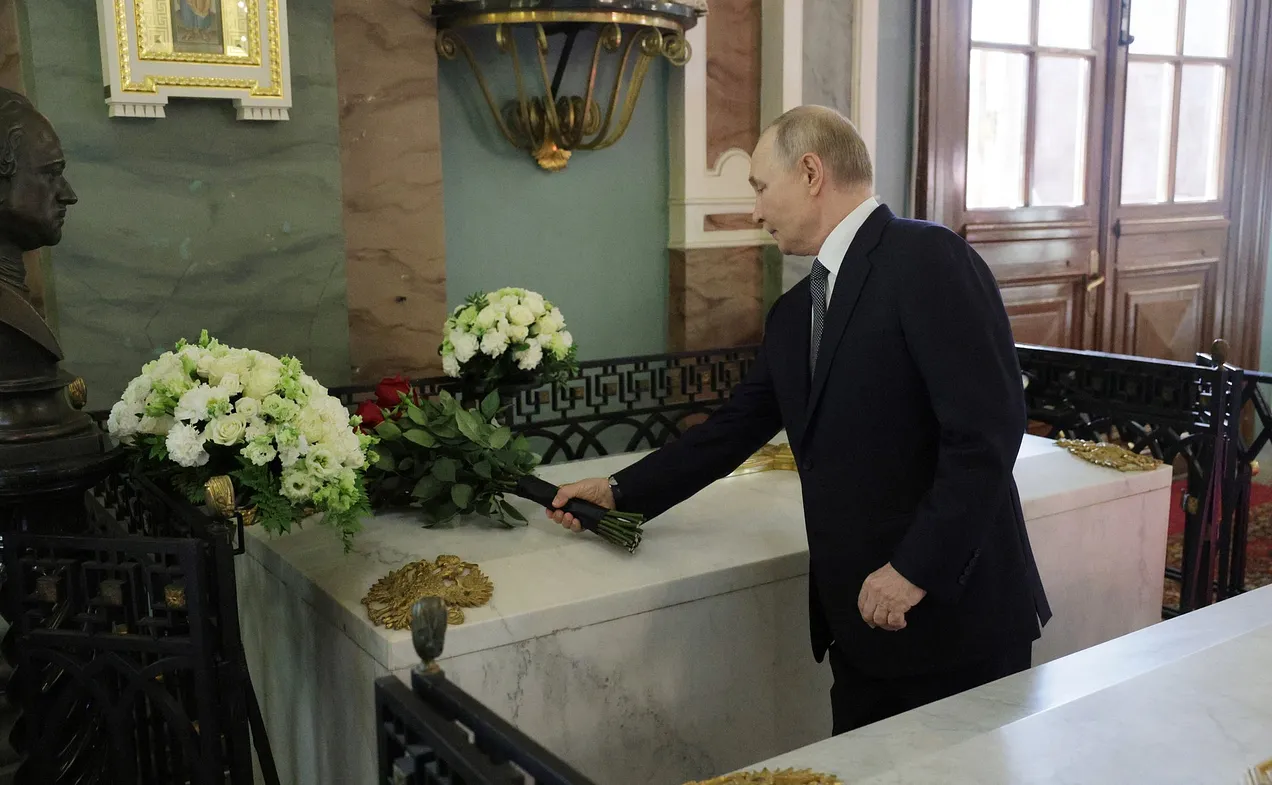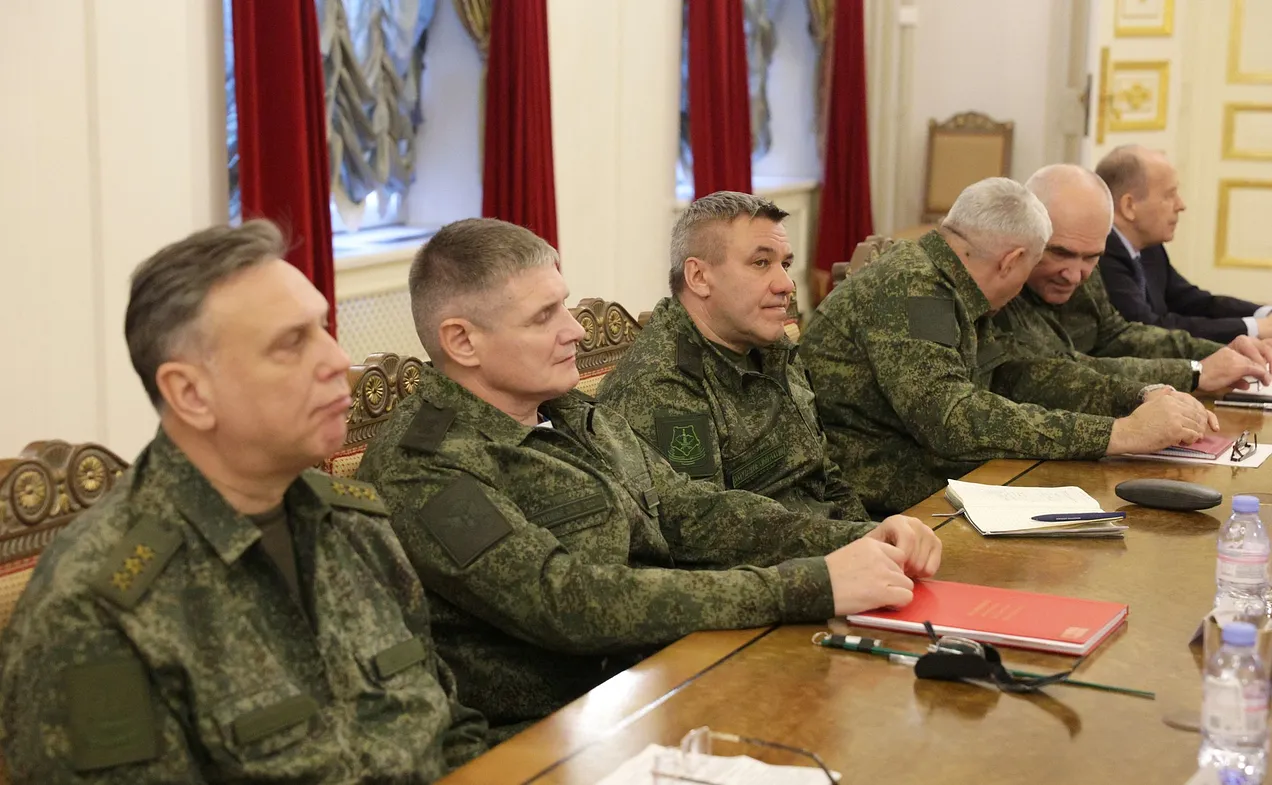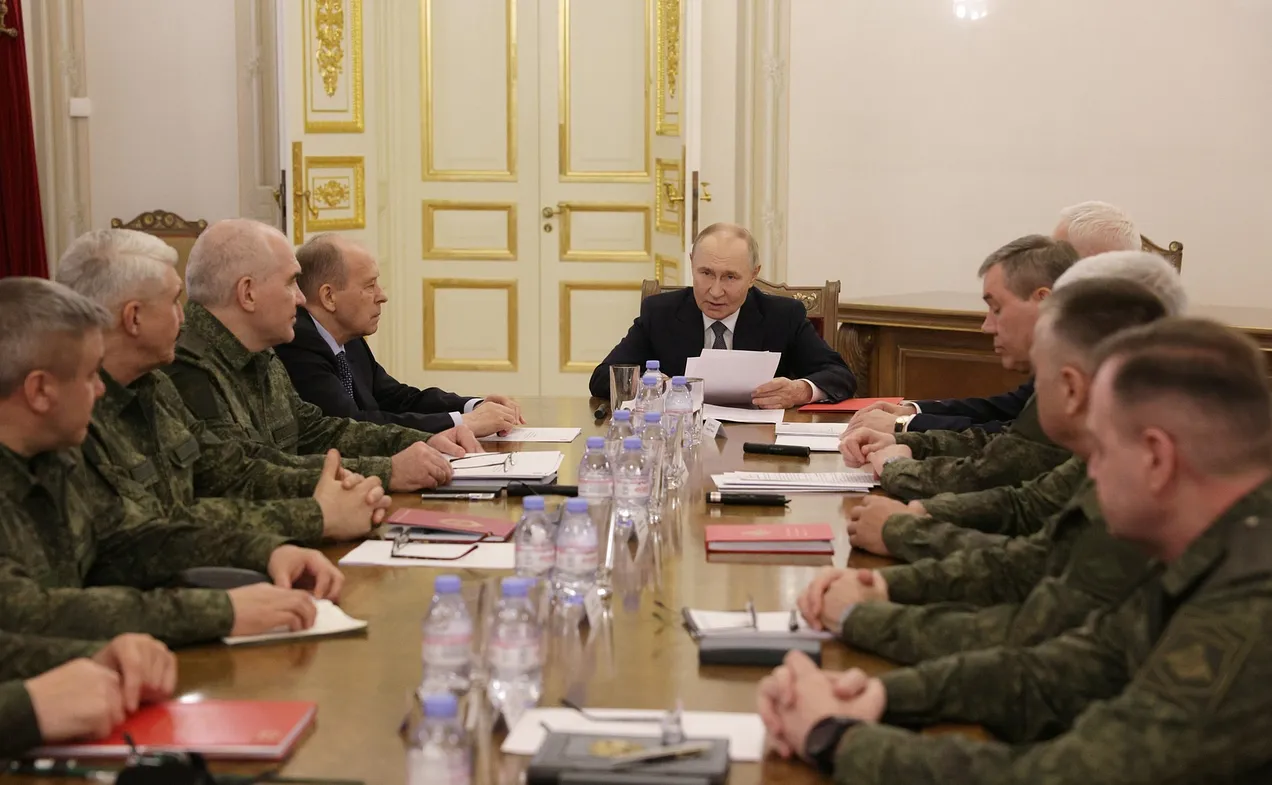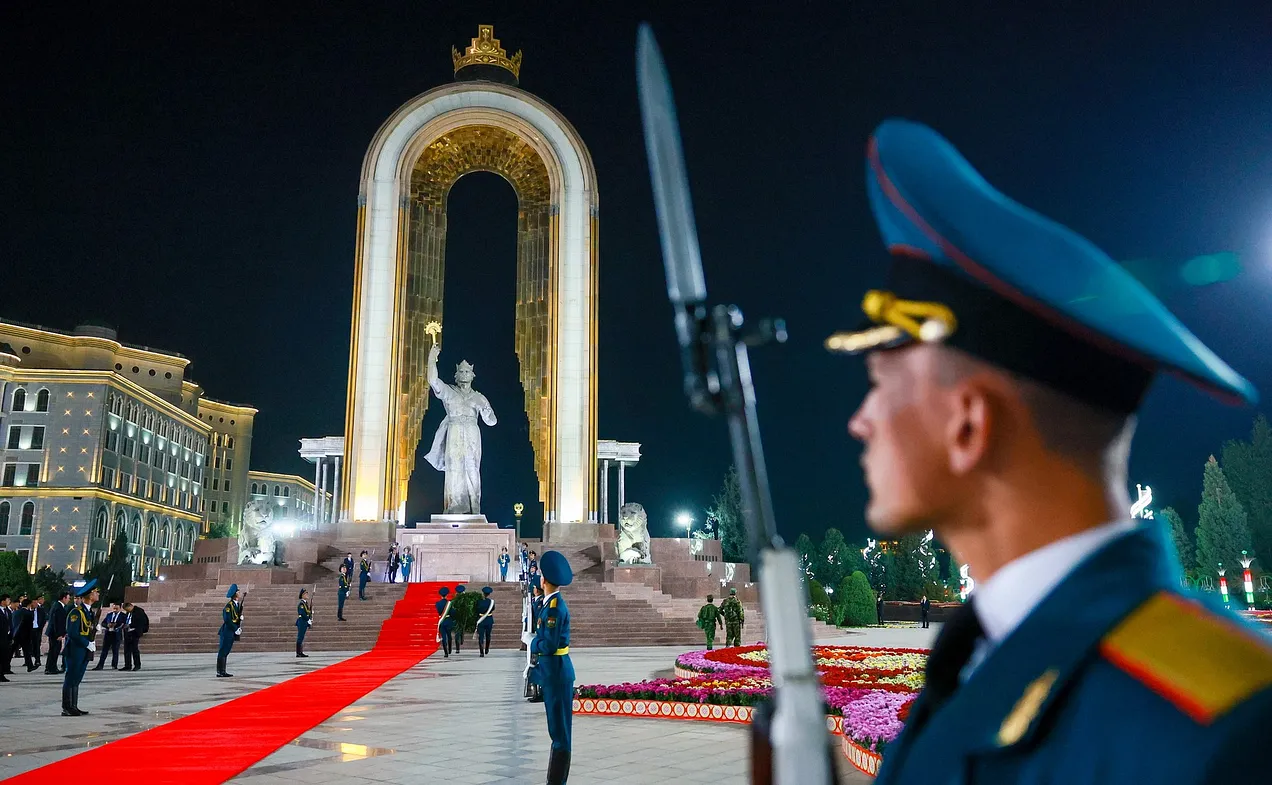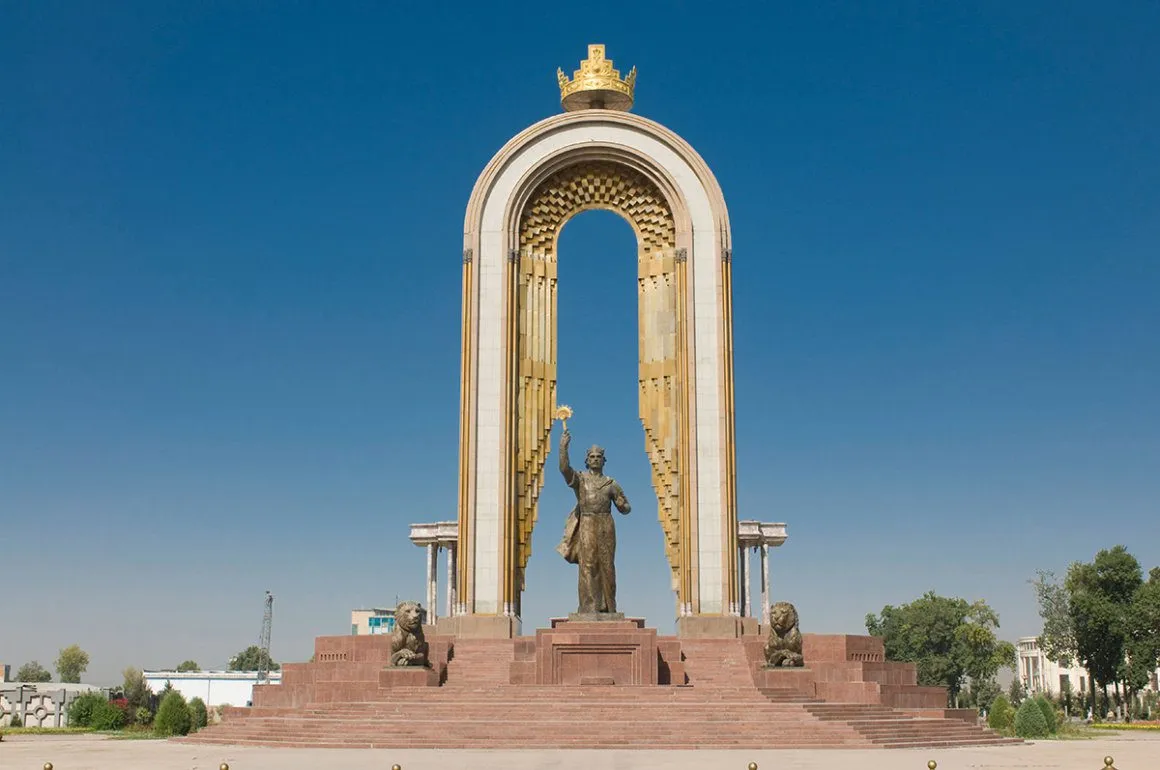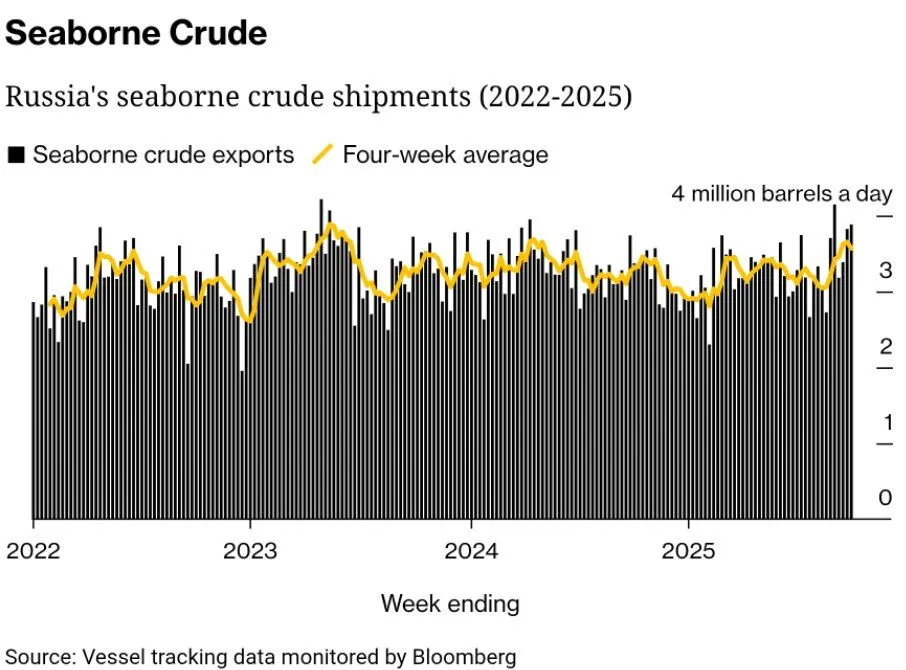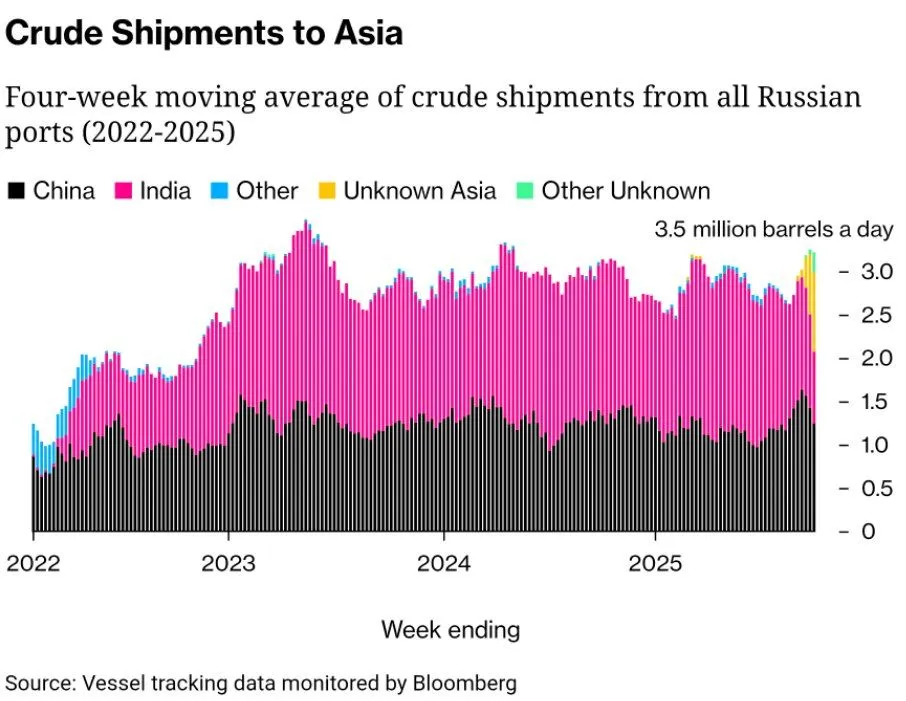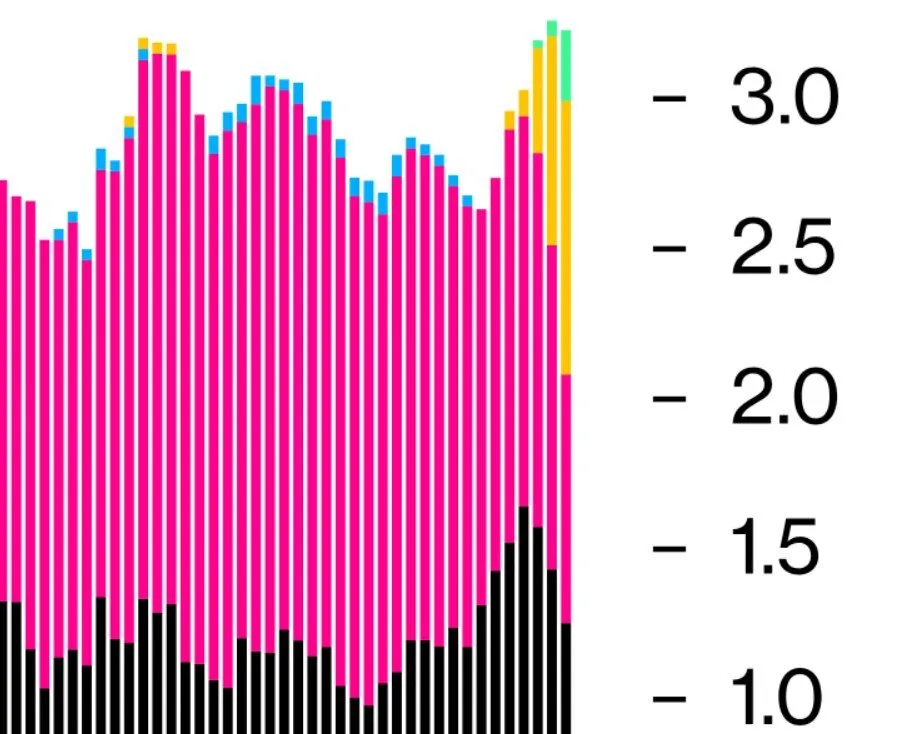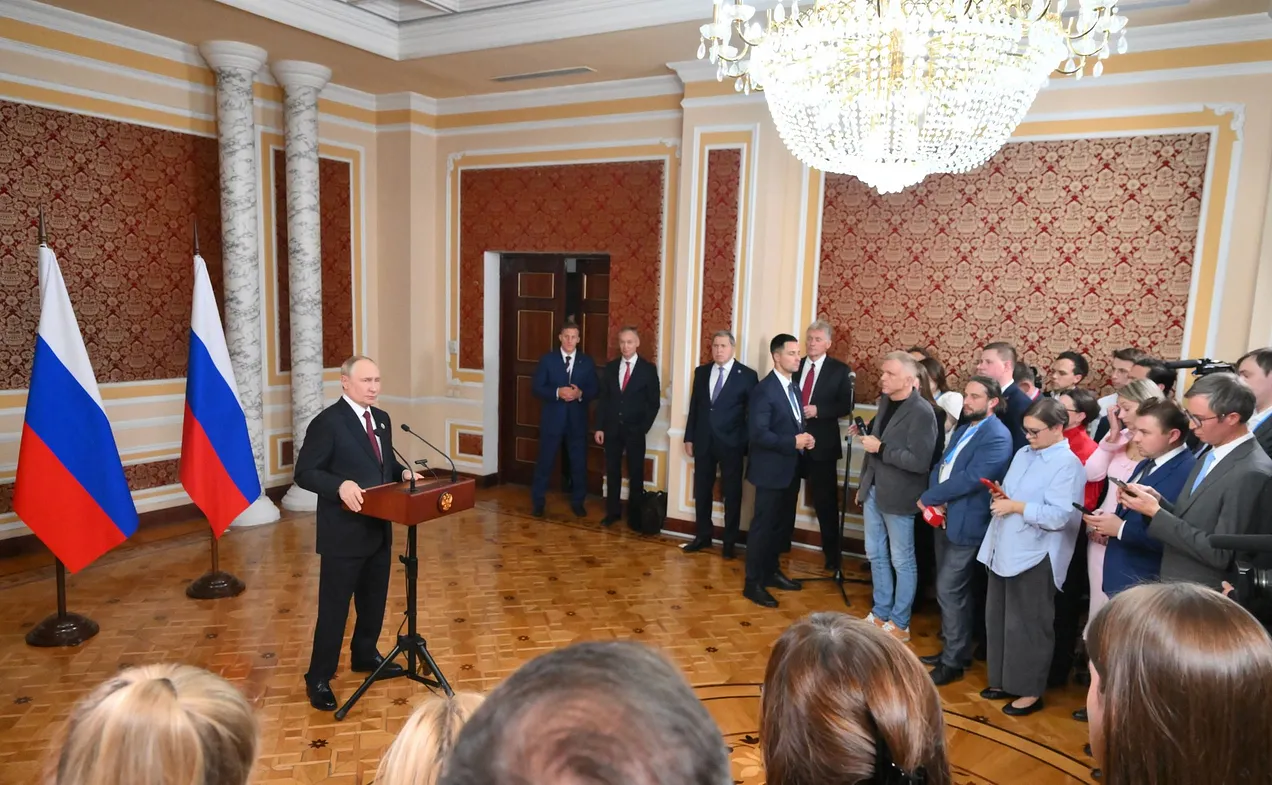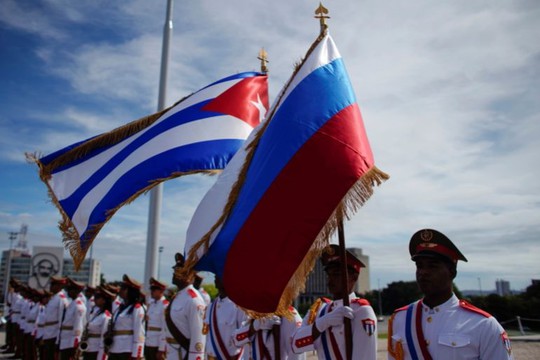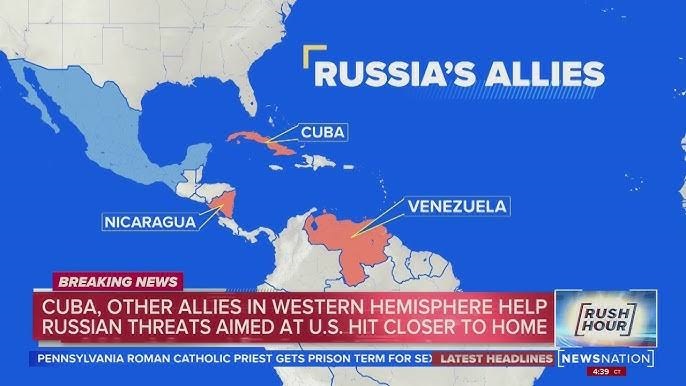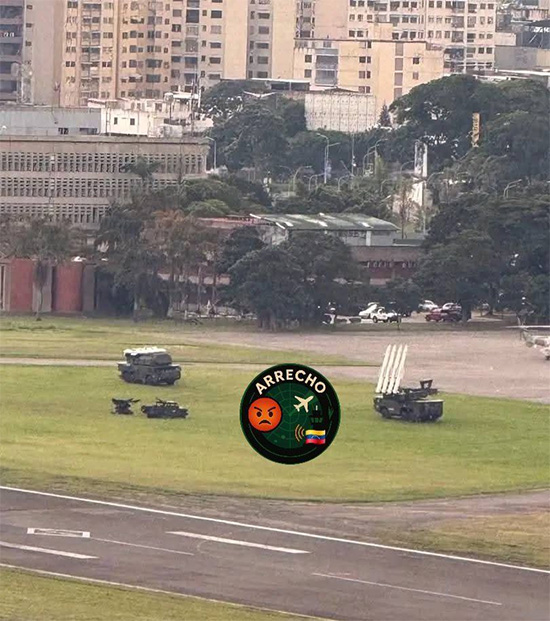

By John Helmer, Moscow @bears_with
The propaganda war to make pinprick drone attacks on Russian oil refineries and oil storage terminals appear to be destroying the Russian economy, and Ukrainian forces winning the war, came to its climax last week, on September 23, when an announcement was issued in President Donald Trump’s name.
“When the people living in Moscow,” the tweet said, “and all of the Great Cities, Towns, and Districts all throughout Russia, find out what is really going on with this War, the fact that it’s almost impossible for them to get Gasoline through the long lines that are being formed, and all of the other things that are taking place in their War Economy, where most of their money is being spent on fighting Ukraine, which has Great Spirit, and only getting better, Ukraine would be able to take back their Country in its original form and, who knows, maybe even go further than that! Putin and Russia are in BIG Economic trouble, and this is the time for Ukraine to act.”
Trump kept repeating his jingle to everyone he met. He told French President Emmanuel Macron that “it could be that Russia is a paper tiger. I don’t know what they are, but three and a half years of fighting and killing everybody and killing 7,000 people a week for nothing, for nothing.”
Two days later in the White House Trump said: “I’m very dissatisfied with what Russia is doing and what President Putin is doing. I haven’t liked it at all. He’s killing people for no reason whatsoever. And they are doing — they are doing very poorly considering they — they have put it all out on the line. They are — their economy is going to hell. They’re bombing the hell out of everything, and they’re picking up very little territory, if any. In fact, they’re losing some territory. So uh, I think it’s been very bad for the reputation of Russia.”
In their meeting at the UN immediately following after Trump’s tweet, Secretary of State Marco Rubio and Foreign Minister Sergei Lavrov ignored what had been published. Rubio’s communiqué said he had “reiterated President Trump’s call for the killing to stop and the need for Moscow to take meaningful steps toward a durable resolution of the Russia-Ukraine war.” Lavrov said they had “exchanged views on the settlement of the Ukrainian crisis in the development of the understanding reached during the Russian-American summit in Anchorage. Reciprocal interest in finding peaceful solutions has been confirmed.”
The reference to the “understanding” between the presidents at Anchorage was the Russian reminder that Trump appeared not to be remembering what he said he understood five weeks ago.
Later, in his exchange with reporters, Lavrov was asked “given the ever-changing policy of American colleagues, how does Russia plan to work with the United States?” Lavrov confirmed “this can be called an ever-changing, flexible policy”. But he played down the significance of Trump’s “style of doing business in the international arena, as well as at home.” “It will be foolish not to use this circumstance to implement any joint mutually beneficial projects – whether in the energy sector, in space, anywhere. And in those cases (they are the majority), when the interests of Russia and the United States do not coincide, the main thing is to prevent it from escalating into a clash, into confrontation…When some of our European counterparts turn diplomacy either into the ‘court’ of their ‘comrades’ from Washington to keep them ‘playing the war of Biden’ or replacing diplomacy with sanctions – this is a hopeless path. It has no success. But an honest dialogue on any issues – we see the readiness for this by the United States – we are also ready for it. At the same time, diplomatic comments can be very different.”
The Russian state media have followed Kremlin spokesman Dmitry Peskov in treating Trump’s claims as having been prompted by others. “President Trump’s statements were made after talking with Zelensky,” Peskov told Tass. “It seems, Zelensky’s opinions rubbed off on him. This view is in stark contrast with our understanding of the current state of affairs.” Peskov added: “”President Trump has never hidden his intention to ensure the economic interests of the United States. The simplest thing is to force the entire world to buy American oil at a higher price and American liquefied natural gas at a higher price,”
On one point, however, there is no doubt — there has been a shortage of automobile fuel – gasoline, petrol, essence, бензин – at Russia’s retail pumps, especially in the southwestern regions of the country. There is a correspondingly sharp rise in the trading price of the fuel, both auto petrol and diesel at the St. Petersburg International Mercantile Exchange (SPIMEX). The lead images chart the data which confirm the shortage and the price rise.
In wartime, the Russian state media cannot be expected to add fuel, or the shortage of fuel, to the US and Ukrainian fire. According to Alexander Novak, the former energy minister and now deputy prime minister in charge of the energy sector, the fuel shortage is normal for this time of the year when the balance between supply and demand is “difficult. There is a small shortage of petroleum products, which is covered by the reserves.”
The Carnegie Endowment’s Russia Eurasia Centre, a Washington propaganda source now based in Berlin, is more careful. “Right now, the situation looks challenging but manageable”, the think tank reported on August 26. “Most of the refineries that have been hit by Ukrainian drones continue to produce gasoline, albeit in reduced quantities. It has also been possible to redirect gasoline from unaffected regions, and some of the deficit has been eased by tapping state reserves. …There is still a long way to go before the transport, agriculture, and industrial sectors—or, most importantly, the army—experience any significant fuel shortages…It’s important to remember that a lot of Russian vehicles and military equipment run on diesel, not gasoline, and Russia has a diesel surplus. Accordingly, the sort of full-scale fuel crisis that could end up impairing the functioning of the economy—or the army—is still a long way off. On top of this, annual gasoline production in Russia exceeds domestic demand by up to 20 percent, while diesel production is more than double what is needed. Even if the damaged refineries (which account for about 20 percent of primary refining capacity) stopped functioning entirely, the resulting deficit would be small.”
The truth of the fuel position is acknowledged by Russian sources. But it’s more complicated than the propaganda suggests, explains Igor Yushkov, a leading expert on Russian energy policy at the Financial University under the Government of the Russian Federation (FNEB) and the National Energy Security Fund (NWF). This does not mean it is vulnerable to US and Ukrainian escalation, as Trump is implying.
“Russia has enough reserves of petroleum to compensate for the attacks on refineries,” Yushkov said in interview last Friday. “The problem is the logistics. Yes, Ukraine is still actively hitting our fuel bases. They began to actively hit refineries in August, when the Russian-American negotiations began – in order to disrupt them literally, they intensified their strikes. And they’ve been hitting the storages all these years. And in this regard, the border regions have all suffered quite a lot. Previously, you just had to take the train from the refinery to the storage facility by rail, unload the fuel cargo there, and from there you take it by lorry to the gas stations. Now the logistics have lengthened. We need more tanker trucks. The supply line is getting longer. For example, in the current conditions of Crimea, it is rather 2-3 weeks at best, because there is also a delay in delivery. Relatively speaking, if they only bought it now, then the fuel will be shipped from the refinery after a certain period, then they will need to deliver it directly to gas stations in the Crimea. That is taking several weeks.”
“The current situation with the production of petroleum products is ambiguous. Although the total production in the country remains at an acceptable level — 50% of diesel is exported, 50% to the domestic market — there is tension in the gasoline market. An increase in crude oil exports and a reduction in refining at some refineries may have led to a decrease in fuel production in August compared to last year. The ban on gasoline exports introduced in August has two consequences. On the one hand, it helps to lower prices on the stock exchange by creating surpluses on the domestic market. On the other hand, it can stimulate the growth of retail prices, as companies seek to compensate for lost export profits. The long-term maintenance of the ban is problematic, since excess fuel will require either a reduction in processing or the resumption of exports.”
“About the shortage of petroleum on gas stations — first of all, the shortage of petroleum is caused by rising prices on the oil products exchange due to a reduction of almost 50% in payments to oil companies from the state budget. Payments on the so-called damper — a reverse oil excise tax – have been reduced. The damper is a mechanism that compensates oil companies and a portion is paid back from the budget. It compensates for the difference between how much an oil product costs on the foreign market and how much the government wants to see it on the domestic market. That is, once a year, the state sets a certain price for gasoline and diesel, and, accordingly, if the price in foreign markets is higher, then the state pays oil companies. Prices for 95 and 92 gasoline are breaking records on the stock exchange, but oil refineries cannot raise the cost of fuel at gas stations after that – the Federal Antimonopoly Service monitors compliance of price increases. Therefore, the gas stations, in order not to operate at a loss, stop selling gasoline and wait for prices on the stock exchange to stabilize. And fuel problems are mostly arising at the independent gas stations which buy their gasoline only on the stock exchange. The big oil production companies don’t have such problems.”
Here is a sampler of how the Russian media are reporting the problem over the past week:
 September 25 — Aksyonov named the delivery dates for scarce AI-92 and AI-95 at gas stations in Crimea
September 25 — Aksyonov named the delivery dates for scarce AI-92 and AI-95 at gas stations in CrimeaThe head of Crimea, Sergey Aksyonov, said that AI-95 gasoline would be supplied to gas stations in the region within two days. Gasoline AI-92 is planned to be supplied to the gas station within two weeks. “All necessary measures are being taken,” Sergey Aksyonov said on Telegram. “I ask Crimeans and guests of the Republic of Crimea to be patient.” According to him, fuel shortages on the peninsula “arose due to a decrease in production volumes” at Russian refineries. He assured that he was “in direct contact with the federal services” on this topic. As Kommersant wrote, the number of petrol stations selling gasoline decreased by 2.6% in two months. The problem of fuel shortage is most acute in the south of the country.
 September 25 — Novak announced a small shortage in the retail fuel market
September 25 — Novak announced a small shortage in the retail fuel marketThe Russian government is observing a slight shortage of supply in the retail fuel market. This was stated by Russian Deputy Prime Minister Alexander Novak. “There is a small shortage of petroleum products, which is covered by accumulated reserves,” he said. The Deputy Prime Minister added that the current situation is typical for the season, while “the balance between September and October is difficult.” Earlier, the head of Crimea, Sergei Aksyonov, said that the reason for fuel shortages in the region was a decrease in production at Russian refineries, the Telegram channel Radiotoka NSN reported.
 September 26 – Auto Crisis 2025 — Russia has restricted the sale of fuel at gas stations. We asked the experts how serious the shortage is.
September 26 – Auto Crisis 2025 — Russia has restricted the sale of fuel at gas stations. We asked the experts how serious the shortage is.More and more regions are facing restrictions on the sale of fuel: if in August the problem concerned mainly the Far East (there were queues at gas stations) and the Crimea, then in September gasoline sales began to be limited in the central part of Russia and the Volga region, the Izvestia newspaper reports. According to the Independent Fuel Union, shortages are observed in at least 10 regions of the Russian Federation, in particular, in the Moscow, Leningrad, Ryazan, Nizhny Novgorod and Rostov regions. A number of independent gas stations have introduced limits of 10-20 liters for sale in one hand, and Lukoil has stopped the pouring of fuel into cans at some gas stations. Experts so far deny the existence of a physical shortage of fuel and explain what is happening by the reaction of the market to the increase in stock prices.
The wholesale price of fuel is breaking records: in August, they were exceeded by AI-95 gasoline, and at the end of this month by AI-92 gasoline. Economists have attributed the stock market rally to both the high-demand season and refinery repairs, planned and unplanned. Igor Yushkov, an expert at the Financial University and the National Energy Security Fund, noted there has been an increase in the number of unmanned attacks on the Russian oil refining infrastructure.
The increase in stock prices has led to an increase in gas station prices. In July–September, the average increase was 25-26 kopecks per litre per week (Rosstat data), and in the last reporting week, AI-95 went up by 37 kopecks, AI-92 — by 42 kopecks. As a result, the 92 exceeded the mark of 60 rubles per litre (the average for Russia), adding 6.6 rubles per year.
Along the way, difficulties began to appear with the purchase of fuel; for example, in Vladivostok there were queues at gas stations at night. Supply disruptions were reported in the Trans-Baikal Territory, and restrictions on fuel sales were recorded in the Crimea and Khabarovsk Territory. By the end of September, the problem began to be felt by regions close to the capital. Our colleagues from MSK1.RU reports restrictions at LUKoil and Teboil gas stations (a subsidiary brand) selling fuel for future use in separate containers, explaining this as due to fire safety requirements. Gas stations have not been filling fuel in plastic bottles for a long time due to the risks of fire from static discharge, but fuel has always been freely released into metal and special cans.
Candidate of Economic Sciences Nikolay Kulbaka believes that the increase in fuel prices is not so significant yet and the main problem lies elsewhere. “We have a serious shortage of gasoline due to drone raids and the fact that the logistics system does have time enough to transport fuel. The regions with refineries suffer less, but the rest face problems,” he says. “Under normal conditions, gasoline would have risen in price, but over the past ten years, its cost has been growing even more slowly than consumer price indices. As long as the government slows down the rise in gasoline prices, we will have a shortage.”
Speaking of price deceleration, the expert is referring to the mechanism introduced in 2018 against the background of a sharp price spike. At that time, the government entered into an unspoken agreement with oil companies, under which they were allowed to raise retail fuel prices only within the limits of inflation. In return, they received a number of compensations, the main one being the so-called damper: a mechanism for budget payments in favor of oil companies during periods when fuel exports are more profitable than sales on the domestic market. Since then, fuel prices have indeed been rising within the limits of inflation, but the downside is fuel supply disruptions during periods of sharp increases in wholesale prices. We have already seen this in the fall of 2023.
 September 26 — In 2023, fuel shortages in Chelyabinsk affected even large gas stations.
September 26 — In 2023, fuel shortages in Chelyabinsk affected even large gas stations.“It’s not a shortage yet”. Energy security expert Igor Yushkov believes that events are currently developing according to a similar scenario. “It is important to note that, at least for now, we do not have a physical shortage of gasoline: after all, there is gasoline in Russia,” he believes. “Rather, we are seeing a manifestation of the fuel crisis for economic reasons.
Yushkov calls the shutdown of fuel sales at gas stations of the vertically integrated oil companies the criterion for a full-fledged shortage, But that is not happening now. So far, according to him, restrictions are imposed mainly by independent gas stations. “Independent gas stations buy fuel on the stock exchange, and historical price records are being set on the stock exchange,”
the expert continues. “It turns out that you bought expensive and want to raise the prices at the gas station in order to achieve at least a zero loss. But it’s difficult if you’re somewhere in central Russia: there are a lot of gas stations there, the market is saturated, and your customers will simply leave for the bigger oil company gas station. In addition, the FAS [Federal Antimonopoly Service] may come and issue an order for unjustified price increases with the demand to reduce them. As a result, you end up with a loss. In order not to suffer this loss, independent gas stations either stop buying fuel on the stock exchange, or limit the volume of sales at gas stations.”
Pavel Bazhenov, president of the Independent Fuel Union, shares a similar opinion.
“The big oil companies dictate the price level,” he explains. “In addition, our retail value is regulated by inflation. Accordingly, in these conditions, small companies can either close or limit the supply of gasoline — up to 10-20 litres per customer.” In Chita, the price of AI-95 gasoline is approaching 80 rubles per litre, AI-92 – 70 rubles per litre. This is about 10-13 rubles more expensive than the average in Russia. According to Bazhenov, the problem was exacerbated by the seasonal demand for fuel in July and August. “Stocks have been used up, and demand has not yet begun to decline,” Bazhenov continues. “In addition, unscheduled plant shutdowns for repairs are affected. Previously, these data were open, and market participants could somehow prepare, but now they can’t. Other events also have an impact, such as accidents. They don’t knock out the entire infrastructure as a whole, but they create an imbalance locally. This is all reflected in the regional markets.”
To prevent a shortage of gasoline in the domestic market, back in August the government imposed an embargo on their exports, extended until the end of the year. Yushkov believes that other measures may be required. “Of course, if the refineries continue to go for unscheduled repairs as a result of the attacks, there may be a physical shortage,” the expert explains. “But you can also fight it. For example, you can send additional volumes of oil to Belarus, where refineries are under-loaded, and get oil products from there by paying for processing. Also, it is possible to reduce the ecological class of the fuel: Euro-5 fuel is mandatory for us, but it can be temporarily reduced to Euro-3, and additional volumes will appear on the market.”
According to Yushkov, drastic measures may not be necessary, since the demand for fuel is decreasing due to the seasonal factor. However, he is convinced that the crises will repeat themselves if systemic measures are not taken: in particular, Siberia and the Far East are the first to experience such crises due to the small number of refineries in the eastern regions of Russia. “For many years, if not decades, we have been saying that it is necessary to build new refineries in the Far East,” adds Yushkov. “There is enough diesel fuel there, it is even exported, but there is no gasoline, so the problem will only worsen, the shortage will increase, because consumption is growing. On the one hand, the government is stimulating economic growth in the Far East, but on the other hand, there is already a shortage of electricity and fuel.”
As for the Urals and central regions, Igor Yushkov is not inclined to dramatize the situation. “I think we have already passed the bottom of the crisis; another question is if it starts to change its character, and from shortage caused by commercial reasons it will move into a phase when there will not be enough production. And in this regard, we need to ensure the safety of the refinery so that there are no such consequences,” the expert notes.
 September 26 — the Ministry of Energy of the Russian Federation announced work to stabilize fuel prices
September 26 — the Ministry of Energy of the Russian Federation announced work to stabilize fuel pricesThe Russian Ministry of Energy has announced that they are monitoring the oil products market and are engaged in stabilizing gasoline prices. It is noted that the ministry keeps the fuel situation under control together with the regional authorities. This is reported by Tass citing a release from the Ministry of Energy. According to the Ministry, Russia has the required level of reserves of petroleum products. “The Ministry of Energy is taking all necessary measures to maintain stability and uninterrupted supply of all types and brands of fuel to the economy and the population of the country,” the statement said.
Izvestia, citing market participants, has reported that in some regions gas stations began to limit the volume of gasoline supply to 20 litres per customer. In Kazan, motorists complained that at some gas stations they were allowed to refuel with diesel up to a maximum of only 150 litres. Then the Ministry of Industry and Trade of the Republic of Tatarstan noted that there are no official restrictions, and the need for diesel fuel in the region is several times less than it is produced.
On September 16, the price of AI-92 gasoline on the St. Petersburg Stock Exchange exceeded 73,000 rubles per tonne, topping the historical record. In addition, premium 95 increased in price by 0.87% to 79.4 rubles per tonne. Diesel fuel now costs 67.1 rubles (an increase of 1.13%). The cost of fuel oil increased from 23,092 rubles to 23,556 rubles.
“People walk into gas stations and almost spit in the operators’ faces!” — what caused the fuel crisis in 2025? Earlier it was reported that the Ministry of Energy is discussing new rules for trading diesel fuel on the St. Petersburg Stock Exchange. The limits of price fluctuations with shipment by rail can be reduced from 0.5% to 0.01%. In addition, the purchase volume is planned to be limited to one bidder. Later, Tass citing sources, wrote that Russia is likely to extend the ban on gasoline exports and impose an embargo on the export of diesel fuel from all market participants until the end of this year.
 September 26 – Refueled: gasoline and diesel fuel exports will be restricted until the end of the year.
September 26 – Refueled: gasoline and diesel fuel exports will be restricted until the end of the year.As expected by Kommersant, it has been decided to limit the export of gasoline and diesel fuel from Russia until the end of 2025. The government’s decision was predictably prompted by rising stock prices and fuel shortages in certain regions of Russia. According to experts, such measures may be primarily aimed at stabilizing and calming the market.
In the near future, the government will extend the ban on gasoline exports until the end of the year for all market participants, with the exception of supplies under intergovernmental agreements. This was announced on September 25 by Deputy Prime Minister Alexander Novak. In addition, the export of diesel fuel for non-producers will be banned by the end of the year.
For now, restrictions on gasoline exports are in effect until September 30, including for large producers. From October 1, the ban for the latter was planned to be lifted, for the remaining exporters — to be maintained until October 31. The export of diesel fuel was not limited.
The Ministry of Energy has reported that the extension of the ban on gasoline exports and restrictions on the export of diesel fuel will release additional volumes of petroleum products for domestic consumers. The government and the Ministry of Energy continue to work on a daily basis together with oil companies, the Ministry of Transport and Russian Railways to increase production and prompt delivery of fuel to the regions, the ministry added.
Market participants and analysts expected the government to further restrict fuel exports in the face of rising wholesale prices and supply disruptions in the regions. At the auction on September 25, AI-92 on the St. Petersburg Stock Exchange rose on the index of the European part of Russia by 0.22% to 73.84 thousand rubles per tonne. The wholesale cost of AI-95 increased by 0.5%, to 79.78 thousand rubles per tonne. Diesel fuel prices decreased by 0.17%, to 71.94 thousand rubles per tonne.
Pavel Bazhenov, president of the Independent Fuel Union, believes that the introduction of a total ban is more likely to be a “verbal intervention” to reassure market participants. According to him, the peak of tension falls at the end of the summer season, and in October, demand is expected to cool and supplies to normalize. Alexander Frolov, Deputy Director General of the National Energy Institute, also believes that the measure is more likely aimed at stabilizing the expectations of market participants by guaranteeing the supply of fuel to the domestic market.
But Maxim Dyachenko, managing partner of the Proleum trader, predicts that the extension of the ban on gasoline exports and restrictions on the export of diesel fuel by non-producers will not affect wholesale prices: the increase in quotations is now technically limited, and there are no grounds for a noticeable decrease. Since September 8, the St. Petersburg Stock Exchange has introduced limits on the growth of price quotes and limited the number of applications for the purchase of gasoline. On September 23, similar rules were established for trading in diesel fuel.
The OMT-Consult analytical company also does not expect a noticeable impact on the market from the announced measures: there are no problems of saturation of the market with diesel fuel, and the effect on gasoline has already manifested itself. According to their estimates, about 370,000 tonnes of gasoline were exported from January to July 2024, and 430,000 tonnes in the same period of 2025 (before the ban). If we release the export data for August and September, then in the absence of restrictions, the market would have lost about 800,000 tonnes, which would lead to more serious consequences, including problems at gas stations of the vertically integrated companies in some regions, OMT-Consult notes.
Sergei Frolov, Managing Partner of NEFT Research, on the contrary, believes that the extension of restrictions will reduce exchange prices for diesel fuel by redirecting volumes to the domestic market. According to him, the situation with the latter will soon stabilize, while gasoline imports are possible to eliminate local shortages in the south and the Far East. According to Kirill Bakhtin, a senior analyst at BCS, a ban on the export of diesel fuel, including for producers, could have a more noticeable effect than applies to gasoline. The authorities are likely to continue monitoring demand and the schedule of repairs at the refinery and, if necessary, may impose stricter restrictions, the analyst expects. The ban on the export of gasoline, he adds, which has been in effect since the end of July, has already restrained the growth of quotations.
Alexander Novak also said that from September 1, it is planned to increase the range of deviation of exchange prices from indicative ones, at which oil companies can receive payments on the damper, by 10 percentage points, to 20% and 30% for gasoline and diesel fuel, respectively. A Kommersant source in the industry says that, apparently in August, oil companies will not receive payments on the damper for gasoline. In addition, the Kommersant source continues, due to the relatively lenient restrictions on the export of diesel fuel, risks may arise for non-payment of the damper on this product in October. In September, the summer diesel fuel index remains low, so there is no threat of loss of payments, but in October the situation may become more complicated due to high prices for winter diesel fuel, he says.
[*] The sources for the lead images are, reading downwards: top - charted from St Petersburg International Mercantile Exchange (SIPEX) data; the acronym RON stands for the fuel’s Research Octane Number ; middle -- https://www.globalpetrolprices.com/Russ ... ne_prices/; bottom -- https://autotraveler.ru/en/russia/trend ... ussia.html According to Globalpetrolprices.com, which tracks national average prices for fuel in 150 countries and over 250 cities globally, Russian gasoline prices are currently about half the global average. The cost of a 40-litre auto tank represents 2.44% of monthly income measured as the average monthly GDP per capita.
https://johnhelmer.net/russias-petrol-s ... p-and-why/
Are we Sleepwalking into Chaos? Featuring John Helmer and Martin Sieff
Sep 28, 2025
In this episode of Beyond Geopolitics, two veteran journalists (Martin Sieff and John Helmer) share their insights into the trajectory of our world, the firing of Chrystia Freeland, the efforts to sabotage the Russia-China alliance, Donald Trump’s ability (or inability?) to steer the ship, planned chaos within the USA, how will Russia respond to renewed escalations into east Ukraine, why are US generals meeting in Quantico base in Virginia on September 30, the potential confiscation of frozen Russian assets, the potential collapse of the financial system and the most important question: who’s in control?
https://www.youtube.com/watch?v=gcMDtK3I34I
*****
Budget at the expense of corrupt officials
September 29, 9:05

Budget at the expense of corrupt officials
Continuing with the topic ( https://t.me/darpaandcia/791 ) raised by Crimson ( https://t.me/crimsondigest ) about the upcoming increase in the tax burden on citizens and businesses, we decided to analyze an alternative source of replenishment of the state treasury - revenues from anti-corruption seizures. Data for 2025 show that this mechanism is working with unprecedented efficiency.
A sharp increase in anti-corruption activity
The first quarter of 2025 demonstrated a clear trend towards intensifying the fight against corruption compared to the same period in 2024:
Increase in detected corruption crimes: +25%
Increase in cases of especially large-scale bribery: +65.7%
Total number of officials held accountable (for the first quarter of 2025): 5,478 people
These figures confirm that the state has taken corruption seriously, and this is producing tangible financial results.
A trillion rubles in just 10 cases
An analysis of the period from March to September 2025 shows that the total amount of claims and seizures in just the 10 largest cases exceeded 1 trillion rubles. For comparison: the government plans to receive from 1.5 to 4 trillion rubles from increasing VAT, lowering the simplified tax system threshold, and increasing the recycling fee.
Here are the top 10 individuals and companies whose assets were required to be transferred to the state:
1. Denis and Nikolai Shtengelov (owners of KDV Group): 500 billion rubles - assets became the subject of a lawsuit on charges of extremism and financing the Armed Forces of Ukraine.
2. Yuri Antipov (former owner of ChEMK): 105 billion rubles - a claim for unjust enrichment.
3. Magomed-Sultan Magomedov (State Secretary of Dagestan): 100 billion rubles - voluntary transfer of assets.
4. Viktor Kruglov (former head of the Irkutsk Legislative Assembly): 92 billion rubles - seizure of assets of Sayanskkhimplast.
5. Igor Pushkarev and his family (former mayor of Vladivostok): 80 billion rubles - seizure of assets of Vostokcement.
6. Yuri Zubarev (former deputy chairman of the Kamchatka government): 30 billion rubles - seizure of assets of the seaport.
7. Alexander Chernov (former chairman of the Krasnodar Regional Court): 13 billion rubles - seizure for illegal enrichment.
8. Aslan Trakhov (former chairman of the Supreme Court of Adygea): 13 billion rubles - confiscation of 214 real estate properties.
9. Alexey Bobrov and Artem Bykov (owners of STS Corporation): 12 billion rubles - lawsuit for illegal acquisition of a state-owned enterprise.
10. Viktor Momotov (Chairman of the Council of Judges): 9 billion rubles – a lawsuit for illegal business activity.
Given the 65.7% increase in the number of such cases, the annual revenue could become a serious alternative to unpopular tax measures. This gives reason to consider: perhaps the state should focus on fighting corruption rather than increasing the tax burden on the population.
https://colonelcassad.livejournal.com/10098256.html
The former vice-governor of the Sverdlovsk region has been arrested.
September 29, 1:05 PM
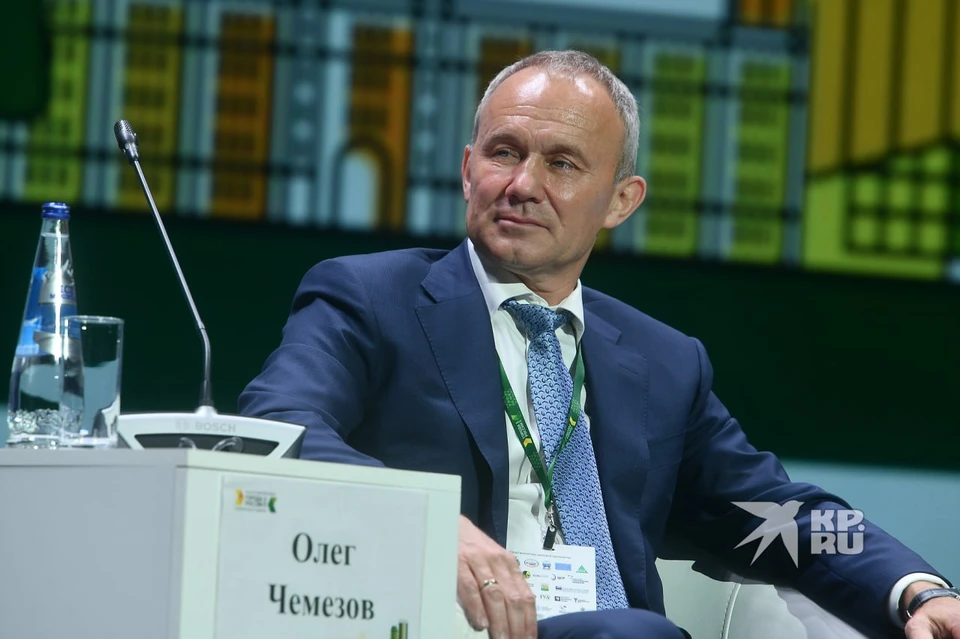
Former Vice Governor Oleg Chemezov was arrested in the Sverdlovsk Region.
On September 25, he was dismissed by the acting governor, and just a few days later, the Main Investigative Directorate hired him. He is implicated in the fraudulent acquisition of the company "Oblkommunenergo" by Chubais's accomplices. Two other former ministers of the Sverdlovsk region, a host of other officials and companies, and a gang of Chubais's accomplices are also implicated in the case
. The state plans to confiscate everything illegally acquired and turn it into state property. Chubais's accomplices had once transferred a significant portion of the proceeds from the illegally acquired company to Austria, where they used the funds to purchase hotels in countries hostile to the Russian Federation. And yet, this is only one of many companies that were effectively handed over to Chubais's gang to feed. Those same "effective managers."
And they say the death penalty is unnecessary...
https://colonelcassad.livejournal.com/10098842.html
Google Translator
